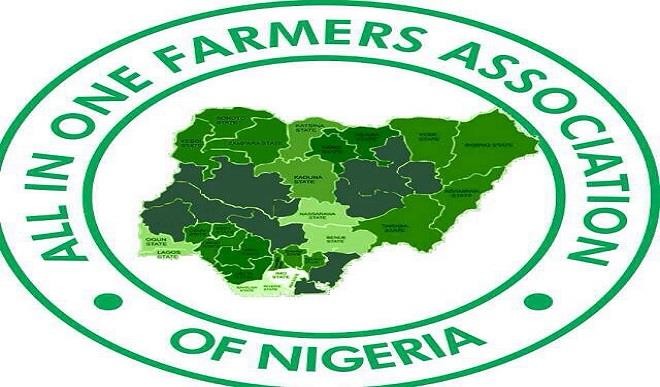AFAN, BoA to capture farmers’ data
The controversy surrounding the data for Nigerian farmers may soon be a thing of the past as the All Farmers Association of Nigeria (AFAN) and the Bank of Agriculture have agreed to collaborate in the establishment of reliable data for farmers across the country. The federal government has since said it had registered about 14 […]

All Farmers Association of Nigeria (AFAN)

The controversy surrounding the data for Nigerian farmers may soon be a thing of the past as the All Farmers Association of Nigeria (AFAN) and the Bank of Agriculture have agreed to collaborate in the establishment of reliable data for farmers across the country.
The federal government has since said it had registered about 14 million farmers but AFAN, the apex body of all farmers in Nigeria, was not comfortable with that, saying the census was done without carrying them along.
At the end of AFAN National Executive Council (NEC) and National Working Committee (NWC) meeting held recently in Abuja, the association’s president, Arc. Kabir Ibrahim, told our reporter that the collaboration with BoA also entailed provision of storage facilities, financing and land bank, which were among the key challenges to Nigerian farmers.
AFAN maintained that for the new Agricultural Promotion Policy (2016 – 2020), tagged ‘The Green Alternative’ to succeed, “it should be a farmers-driven programme.”
“The federal government should release guaranteed minimum price for farm produce and mop up the excesses, if there is any,” so that Nigerian farmers will not labour in vain,’’ AFAN appealed.
Speaking on the farmers’ census reportedly carried out by the federal government, a farmer from Plateau State, Mr. Audu Danjuma, told our reporter that while the government claimed to have data of Nigerian farmers, the biggest challenge to Nigerian agriculture remained lack of information and inadequate data.
He urged the government and all other stakeholders in the agricultural sector to do the needful in order to bring agriculture to the forefront of the Nigerian economy, so as to save the country from depression.
